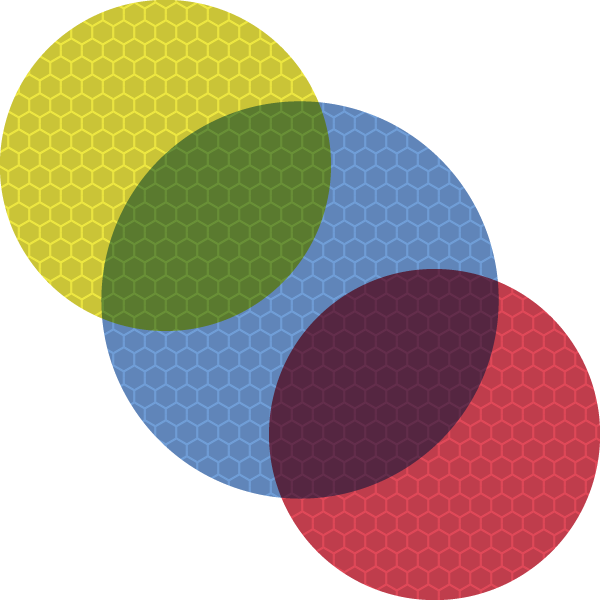1963_Sackson_298_October 05.jpg
Creator
Sid Sackson
Date
1963
Format
.jpg
Source
Box 1, Object 1, Sid Sackson collection
Item sets
Rights Statement
The Strong, Rochester, New York.
Full Metadata
 1963_Sackson_298_October 05.jpg
1963_Sackson_298_October 05.jpg
Title
1963_Sackson_298_October 05.jpg
Creator
Sid Sackson
Date
1963
Type
image
Format
.jpg
Source
Box 1, Object 1, Sid Sackson collection
Language
English
Coverage
1963
Rights
The Strong, Rochester, New York.
transcription
Saturday 5 October 1963
278th day - 87 days to come
Bob, Wald & Arthur here.
Played SQUIGGLES including BB & Dana.
With BB also, played two POKER VARIATIONS by the
Amberstones: -
COALITION POKER: - A variation of "stud". Each player antes 1 chip. A face down & a face up it is dealt followed by a round of betting (bet of up to 2 with a raise of up to 4), then a 2nd face up with a round of betting. Then a third & final face up betting till a pass out or a showdown. Each player can choose as his fifth card any of the face up cards showing in the other player's hands (including face up cards of players who folded).
CONTRACT POKER: - Each player is dealt 5 cards. Starting with eldest hand a player may either "bid" or "pass". If he "passes" the next player simply has a turn. If he "bids" however, the following takes place: -
He mentions a poker hand (lowest possible is a 6-high hand - highest is a straight flush to the ace - royal).
He makes a bet (we used from 1 to 4 - he ante). The other players in turn see or drop (there is no raising). He puts one card from his hand onto the table. (This is done before the betting).
All subsequent - "bids" must be higher than the preceeding one.
Play ends when either: -
A player makes a "bid" & bet and no one will see him in which case he wins
without showing.
At least one player sees and no further "bids" are made in which case the player
making the final bid shows his hand and wins the pot if he has a hand at least as
good as his bid. (It does not have to be the best hand among the players.)
In determining the hand the player uses the cards remaining unplayed in his hand
with any showing on the table. (e.g - a player having 3 cards in his hand can use any
two cards face up on the table to complete his hand.
The Amberstones say this makes an excellent 2-hand game.
If a player bluffs, which is permissable, and gets caught, no one wins and the pot remains for the winner of the next hand. The bluffing player, however, is out until that pot is won. (Bluffing is making a "bid" higher than you can deliver)
(cont. on 10/6)
278th day - 87 days to come
Bob, Wald & Arthur here.
Played SQUIGGLES including BB & Dana.
With BB also, played two POKER VARIATIONS by the
Amberstones: -
COALITION POKER: - A variation of "stud". Each player antes 1 chip. A face down & a face up it is dealt followed by a round of betting (bet of up to 2 with a raise of up to 4), then a 2nd face up with a round of betting. Then a third & final face up betting till a pass out or a showdown. Each player can choose as his fifth card any of the face up cards showing in the other player's hands (including face up cards of players who folded).
CONTRACT POKER: - Each player is dealt 5 cards. Starting with eldest hand a player may either "bid" or "pass". If he "passes" the next player simply has a turn. If he "bids" however, the following takes place: -
He mentions a poker hand (lowest possible is a 6-high hand - highest is a straight flush to the ace - royal).
He makes a bet (we used from 1 to 4 - he ante). The other players in turn see or drop (there is no raising). He puts one card from his hand onto the table. (This is done before the betting).
All subsequent - "bids" must be higher than the preceeding one.
Play ends when either: -
A player makes a "bid" & bet and no one will see him in which case he wins
without showing.
At least one player sees and no further "bids" are made in which case the player
making the final bid shows his hand and wins the pot if he has a hand at least as
good as his bid. (It does not have to be the best hand among the players.)
In determining the hand the player uses the cards remaining unplayed in his hand
with any showing on the table. (e.g - a player having 3 cards in his hand can use any
two cards face up on the table to complete his hand.
The Amberstones say this makes an excellent 2-hand game.
If a player bluffs, which is permissable, and gets caught, no one wins and the pot remains for the winner of the next hand. The bluffing player, however, is out until that pot is won. (Bluffing is making a "bid" higher than you can deliver)
(cont. on 10/6)
Item sets
